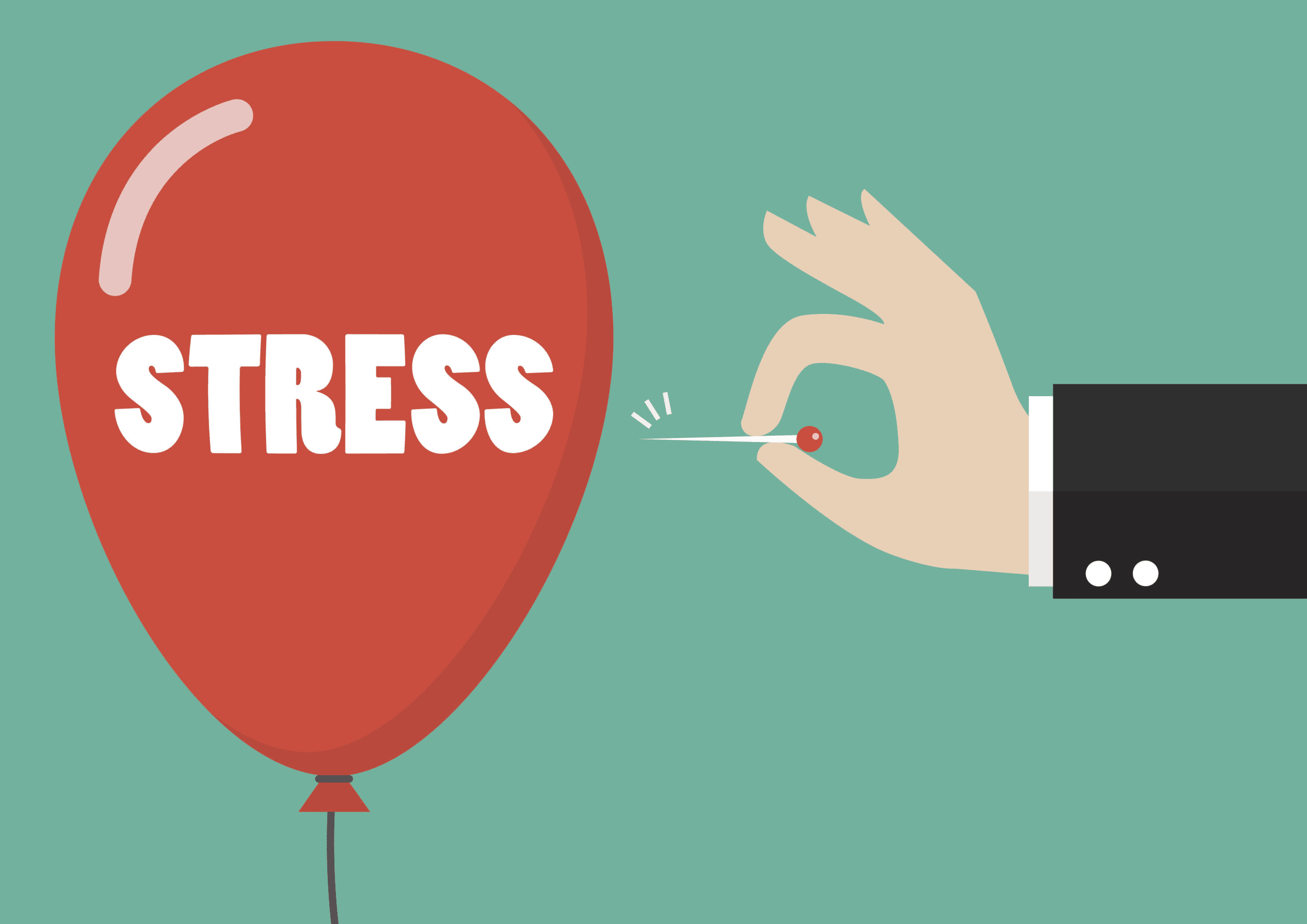In today’s fast-paced world, stress has become an inevitable part of our lives. Whether it’s work-related pressures, personal challenges, or the constant demands of a busy lifestyle, stress can take a toll on our mental and physical well-being.
However, by adopting effective stress management techniques, you can regain control of your life and cultivate a healthier, more balanced mindset. In this guide, we’ll explore practical strategies and real-life examples to help you navigate and manage stress successfully.
Elite Tips On Stress Management
1. Identifying Stress Triggers: Understanding the root causes of stress is crucial for effective management. Take some time to reflect on the situations, people, or events that trigger stress in your life.
For example, if tight deadlines at work are a recurring source of stress, consider breaking down tasks into manageable chunks or negotiating realistic timelines with your supervisor.
2. Prioritizing and Time Management: Often, stress arises from feeling overwhelmed by a seemingly endless to-do list. Prioritize tasks based on urgency and importance, and break them down into smaller, more achievable goals.
Let’s say you have a project deadline approaching – create a timeline, allocate specific tasks to each day, and avoid the last-minute rush.
3. Effective Communication: Miscommunication and unresolved conflicts can contribute significantly to stress. Practice open and honest communication to address concerns and prevent misunderstandings.
For instance, if you’re feeling overwhelmed at home due to shared responsibilities, schedule a family meeting to discuss and delegate tasks, ensuring everyone is on the same page.
4. Mindfulness and Relaxation Techniques: Incorporate mindfulness practices into your daily routine to manage stress more effectively. Techniques such as deep breathing, meditation, or yoga can help calm the mind and reduce anxiety.
If you find yourself stressed before an important meeting, take a few moments to practice deep breathing exercises to center yourself and enhance your focus.
5. Physical Activity and Healthy Lifestyle Choices: Regular exercise has proven benefits for both physical and mental well-being. Engaging in activities like jogging, swimming, or even a brisk walk can help release endorphins, the body’s natural stress relievers.
Additionally, maintaining a balanced diet, staying hydrated, and ensuring adequate sleep are crucial components of an overall healthy lifestyle that can positively impact stress levels.
6. Setting Realistic Expectations: Ambitious goals are admirable, but setting unrealistic expectations can lead to chronic stress. Establish achievable objectives and celebrate small victories along the way. If you’re pursuing a career goal, acknowledge and appreciate the progress you make, even if it’s incremental.

Read Also The Impact of Stress on Your Health and How to Manage It
7. Cultivating a Supportive Network: Maintaining strong social connections can serve as a powerful buffer against stress. Share your thoughts and feelings with trusted friends, family members, or colleagues.
Sometimes, talking through a challenging situation can provide valuable insights and emotional relief. If you’re facing a work-related dilemma, seek advice from a mentor or colleague who has navigated similar challenges.
8. Adapting to Change: Life is dynamic, and change is inevitable. Resisting change can amplify stress, so it’s essential to cultivate adaptability. Consider a scenario where your workplace undergoes a restructuring.
Instead of dwelling on uncertainties, focus on the aspects you can control, such as updating your skills or networking with colleagues in different departments. Embracing change with a positive mindset can reduce stress and open up new opportunities.
9. The Power of Laughter: Laughter truly is a medicine for the soul. Incorporate humor into your daily life to alleviate stress and boost your mood. Whether it’s sharing a funny story with a friend, watching a comedy show, or finding humor in challenging situations, laughter has a remarkable ability to reduce tension. As the saying goes, “A day without laughter is a day wasted.”
10. Regular Self-Reflection: Take time for introspection to gain a deeper understanding of your values, priorities, and long-term goals. Regular self-reflection allows you to align your actions with your aspirations, reducing internal conflicts that can contribute to stress.
For example, if you find yourself constantly overcommitting to social obligations, reflect on your true priorities and learn to gracefully decline when necessary.
11. Professional Development and Skill Building: Investing in your personal and professional growth can empower you to face challenges with confidence. Continuous learning not only enhances your skills but also provides a sense of accomplishment.
Suppose you’re feeling stressed about adapting to new technologies in your field. In that case, attending workshops or online courses can equip you with the knowledge and skills needed, fostering a proactive approach to stress management.
12. Celebrating Success and Practicing Gratitude: Acknowledge your achievements, no matter how small, and take time to appreciate the positive aspects of your life. Expressing gratitude has been linked to improved mental well-being.
Consider keeping a gratitude journal, where you jot down things you’re thankful for each day. This practice can shift your focus from stressors to positive aspects of your life, fostering a more optimistic outlook.
In conclusion, effective stress management is a holistic approach that involves a combination of self-awareness, practical strategies, and a positive mindset. By integrating these techniques into your daily life, you can build resilience, enhance your overall well-being, and navigate stress more effectively.
Remember that managing stress is an ongoing process, and each individual may find unique approaches that resonate with their personality and circumstances. Embrace the journey of self-discovery and stress mastery, and you’ll be better equipped to lead a fulfilling and balanced life.
Read Also 10 Reasons Why Food Workers Should Keep Garbage Cans Clean and Free of Buildup
